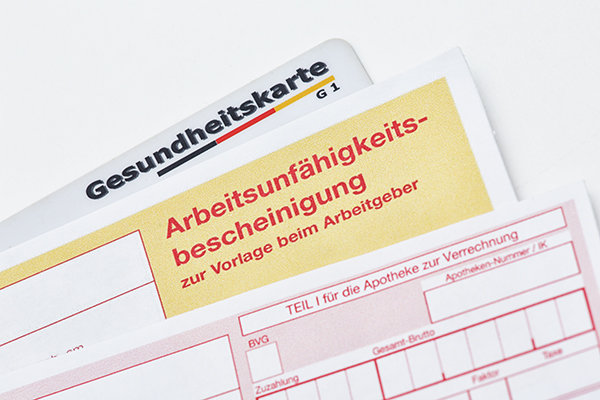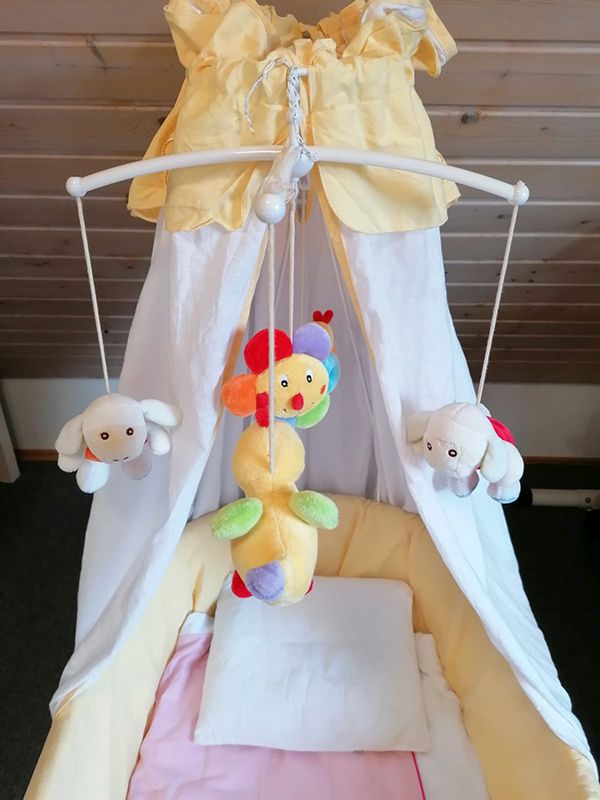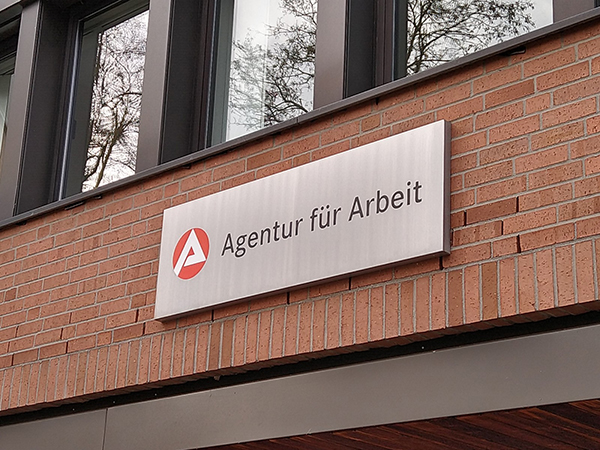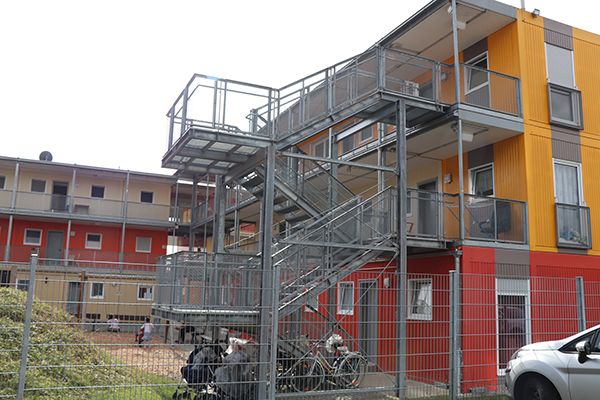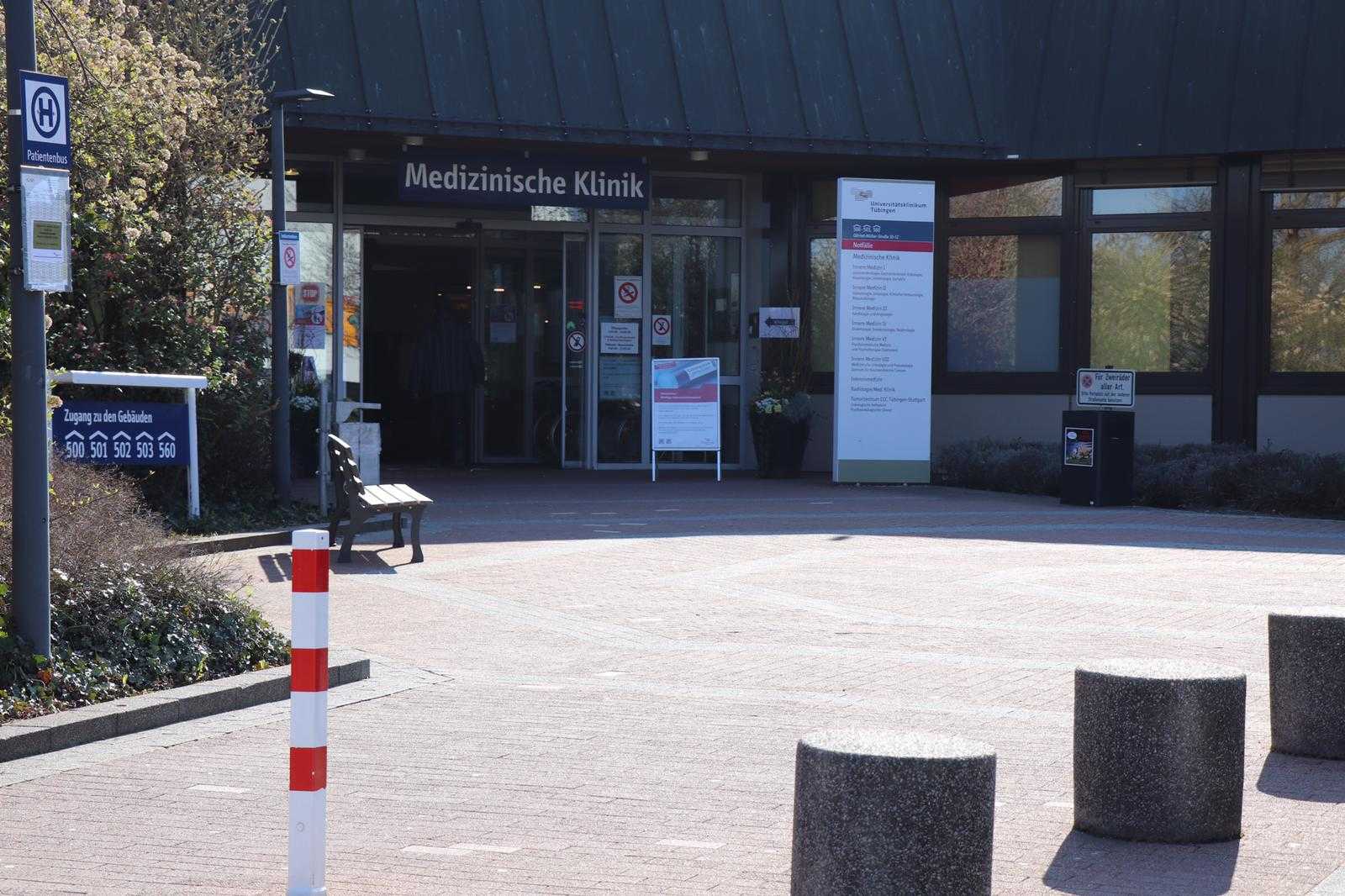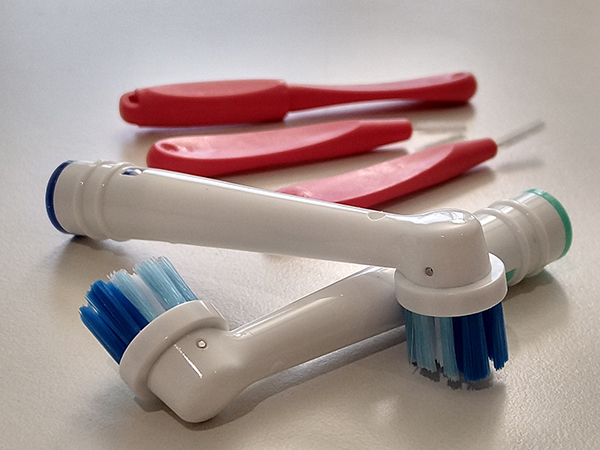If you are sick, you cannot work. However, in order to avoid trouble with superiors at work and to ensure that wages continue to be paid, certain rules must be observed. Sick leave plays a very important role in this. What do you do if you cannot work because you are ill? The most important thing is to inform the employer immediately. If you are suffering from flu or have broken your foot, you must inform the company immediately and also tell them how long you will be absent. This can be done by phone or email, according to the… Read More
Category: 982 – UK .EN
When a baby comes: maternity protection, parental leave and parental allowance
Working women who have a baby are legally entitled to 14 weeks of paid maternity leave in Germany, which covers the time before and after the birth. They can also take three years of parental leave to care for their child. During this time, most parents are entitled to financial support for childcare – parental allowance – for one year. If a woman becomes pregnant, she should inform her employer soon. Because then the Maternity Protection Act applies to her: so she is no longer allowed to do heavy lifting, handle toxic substances or work at night. All officially employed… Read More
Kitas are not yet the desired driver of integration
Exactly 10 years after the introduction of the legal right to a daycare place for children after the age of one, the German Council of Experts on Integration and Migration (SVR) presents an analysis of how this law is being implemented for children with an immigrant background. According to the report, immigrant families are still at a disadvantage when it comes to daycare centers: The hurdles to finding a daycare place are higher for them, their children attend a daycare center less often than children without an immigrant background. According to figures from 2020, 40 percent of children under the… Read More
Bürgergeld: Keeping more of your income
Since 1 July, those who receive the citizen’s income (Bürgergeld) allowance are allowed to keep 30 per cent of the money they earn themselves. This applies to earnings between 520 and 1,000 euros. Previously, they were only allowed to keep 20 percent. The advantage is even greater for those under 25: “Young people keep the income from school and student jobs and the income from vocational training up to the mini-job limit of currently 520 euros,” says the employment agency. Earnings from holiday jobs may also be kept without deductions. Expense allowances for voluntary work do not lead to a… Read More
By bus directly to Stuttgart
A direct bus will take passengers from Tübingen to Stuttgart’s main railway station without changing. The offer runs until Tuesday, 5 September. The bus starts at the Tübingen bus station in front of the main station. From Monday to Friday, the bus departs at 5.10 a.m. and between 6.10 a.m. and 10.40 p.m. every half hour. Journey time: 55 minutes. At weekends, the bus runs less frequently— see timetable in the link. In Stuttgart, the first bus to Tübingen leaves on weekdays at 6.05 am. From Monday to Friday, it runs every 30 minutes between 7.05 am and 11.35 pm.… Read More
Finding an apprenticeship with the IHK training atlas
When looking for an apprenticeship place, it often also plays a role that the company is not too far away from the place of residence. The Reutlingen Chamber of Industry and Commerce (IHK) offers a practical interactive map for finding apprenticeship places. The IHK training atlas shows companies from the districts of Reutlingen, Tübingen and Zollernalbkreis that provide training. In Tübingen, for example, 28 companies are looking for trainees, in Reutlingen as many as 68. Clicking on the individual companies tells you something about the occupation, the company and the school requirements. www.reutlingen.ihk.de/wwwihk-ausbildungsatlasde/ In addition, the Chamber of Industry and… Read More
Many apprenticeship places still available in the skilled crafts sector
The apprenticeship exchange of the Reutlingen Chamber of Skilled Crafts currently still has more than 600 vacant apprenticeship places. They cover 130 occupations and are offered in the districts of Tübingen, Reutlingen and Zollernalb. They can be found on the homepage of the Chamber of Skilled Crafts. The offers range from baker or glazier to motor vehicle mechatronics technician and precision tool mechanic. The apprenticeship exchange is digital and even available on smartphones via the app “Apprenticeship Radar”. For each vacant apprenticeship place, there is information on the company and the school requirements. The offer is the counterpart to the… Read More
Most refugees come from Syria
The number of applications from refugees in Germany is on the rise again. This is reported by the Federal Office for Migration and Refugees (BAMF). It has accepted 150,166 initial applications for the first half of this year (2022: 84,583). This represents an increase of 77.5 per cent, according to the BAMF. With 43,532, most of the initial applications came from people from Syria. The vast majority of them are allowed to stay in Germany. Afghanistan follows in second place (27,310 initial applications). In the first half of 2023, 5966 people from Iran and 5669 from Iraq submitted initial applications.… Read More
Six months to register
Refugees from Ukraine who do not receive social benefits here have only six months to become voluntary members of the statutory health insurance scheme. The Federal Government points this out in the portal Germany4ukraine. Those who have not registered at the latest six months after entering the country must either pay medical bills themselves or join a private health insurance scheme. However, this is much more expensive. The regulation is aimed at refugees who either live off their own savings or continue to work for a Ukrainian company from their home office in Germany. They are then also covered by… Read More
No amalgam fillings for pregnant women and nursing mothers
Pregnant women and nursing mothers are not allowed to receive dental fillings containing amalgam. This is regulated in an EU directive that has been in force in Germany since 2018. The ban also applies to children and young people under the age of 15. This means that patients can receive other fillings— mostly made of plastic—without co-payments during this time. “People insured by a statutory health insurance fund are entitled to a filling for which they do not have to pay a co-payment in any case. The dentist must point this out in the consultation before the start of treatment,”… Read More

